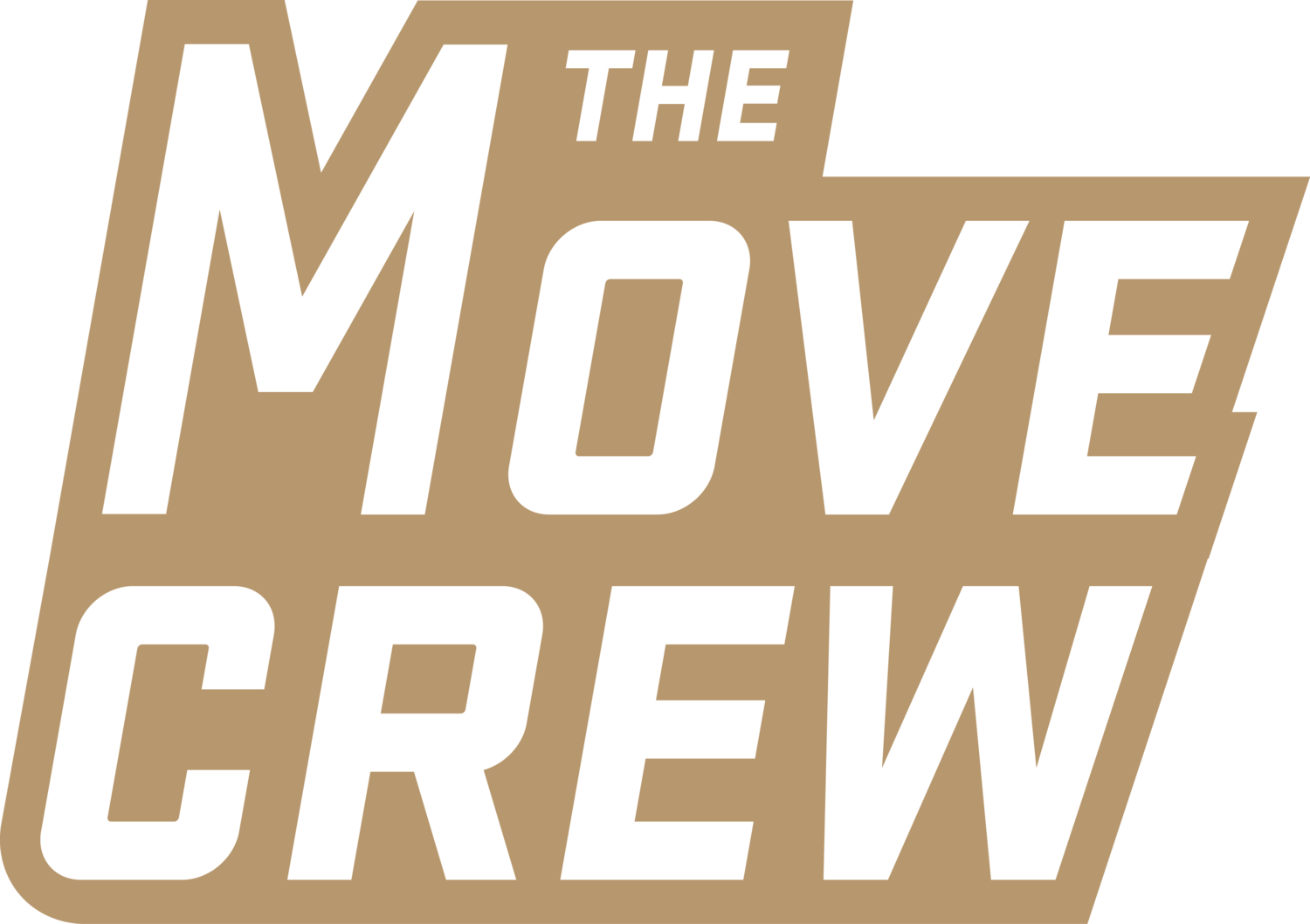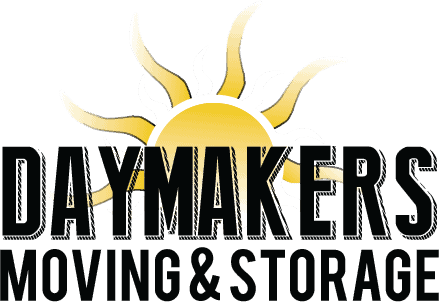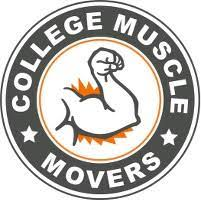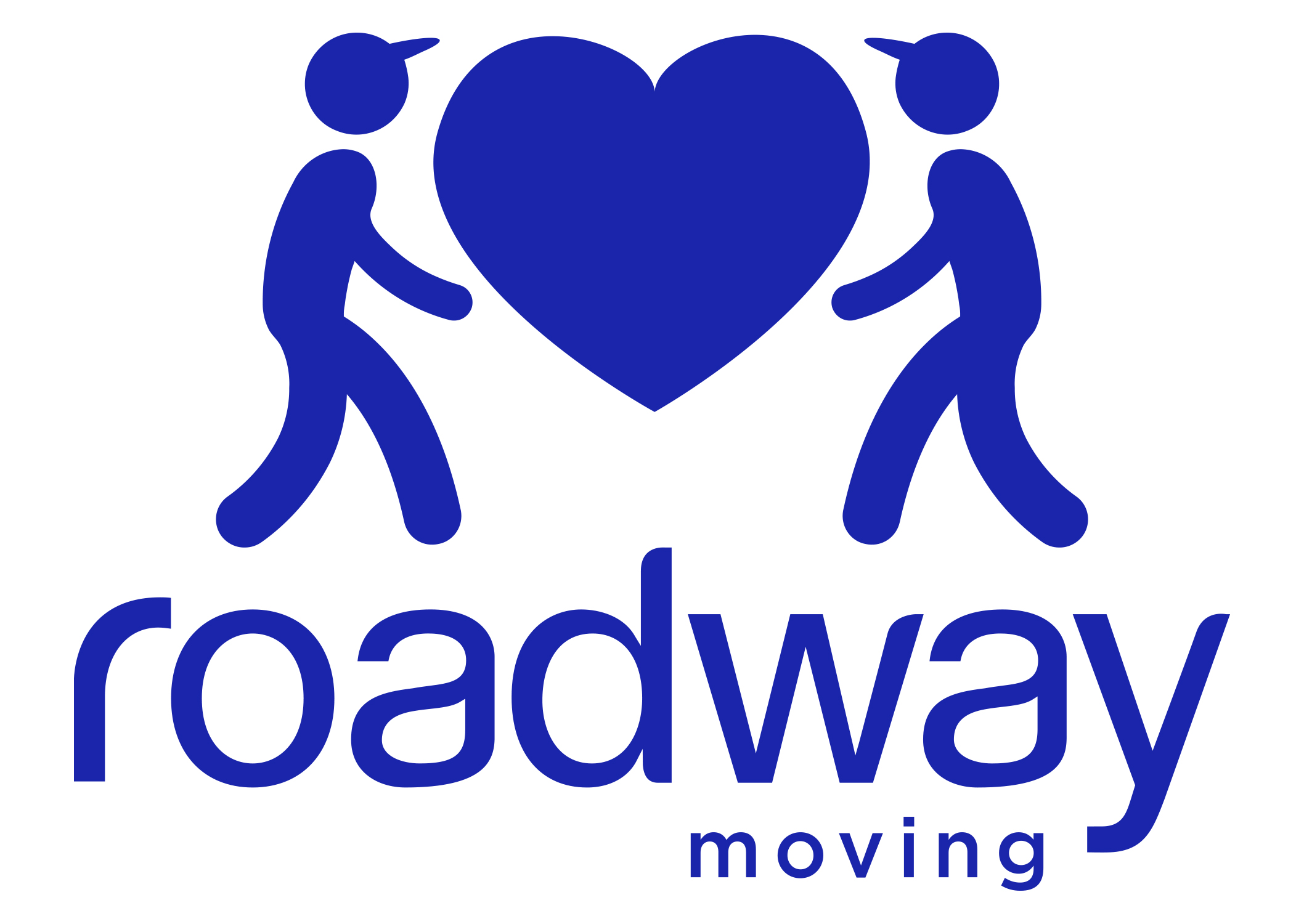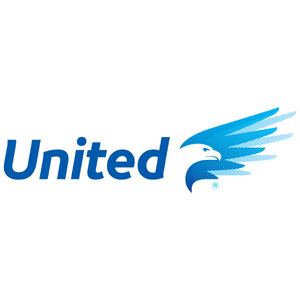Top local movers for St. Paul to Raleigh moves
Searching for a dependable local mover in St. Paul that also provides long-distance services to Raleigh can feel overwhelming. That’s where we come in — we’ve analyzed 35 local movers in St. Paul who specialize in long-distance relocations, factoring in cost, services, and customer feedback.
These are the best local moving companies for getting from St. Paul to Raleigh.
- Matt’s Moving Company : 4.66 out of 5 stars
- Piepho Moving & Storage, Inc.: 4.62 out of 5 stars
- Metcalf Moving & Storage: 4.5 out of 5 stars
- The Move Crew: 4.5 out of 5 stars
- Daymakers Moving & Storage: 4.5 out of 5 stars
Company Info
State license #: 374236
Years in Business: 17
DOT #: 1704106
Services Offered
- Local moves
- Interstate moves
- Packing
- Unpacking
- Offices
- Pianos
- Crating
- Storage
- Pay by credit card
Company Info
State license #: 286311
Years in Business: 73
DOT #: 286311
Alternate Names: Rochester Transfer & Storage Company
Services Offered
- Local moves
- Interstate moves
- International moves
- Packing
- Unpacking
- Offices
- Pianos
- Hot Tubs
- Pool Tables
- Art
- Antiques
- Grandfather clocks
- Crating
- Crane vans
- Shipment tracking
- Full-valuation coverage
- Safes
- Pay by money order
- Pay by cash
- Pay by credit card
Company Info
Years in Business: 105
DOT #: 1127088
Services Offered
- Local moves
- Interstate moves
- International moves
- Packing
- Unpacking
- Offices
- Pianos
- Crating
- Full-valuation coverage
- Storage
- Pay by credit card
Company Info
State license #: 380620
Years in Business: 10
DOT #: 2552505
Services Offered
- Local moves
- Interstate moves
- Packing
- Unpacking
- Offices
- Pianos
- Crating
- Storage
- Pay by credit card
Company Info
Years in Business: 8
DOT #: 2593674
Services Offered
- Local moves
- Interstate moves
- Packing
- Unpacking
- Offices
- Pianos
- Pool Tables
- Art
- Antiques
- Crating
- Full-valuation coverage
- Storage
- Safes
- Pay by credit card
How much does it cost to move from St. Paul to Raleigh?
Movers in Minnesota generally charge an average of $209 per hour. Check out these typical costs for a full-service moving company, moving container, or truck rental:
| Move size | Moving company | Moving container | Rental truck |
|---|---|---|---|
| Studio / 1 bedroom | $1,196 – $4,617 | $840 – $1,992 | $732 – $1,382 |
| 2 – 3 bedrooms | $2,564 – $6,509 | $1,550 – $2,987 | $792 – $1,643 |
| 4+ bedrooms | $4,354 – $8,805 | $2,119 – $3,997 | $975 – $1,944 |
Cost to hire movers from St. Paul to Raleigh
Moving a studio or one-bedroom home from St. Paul to Raleigh typically costs between $1,196 and $4,617. For a two- or three-bedroom home, expect prices to fall between $2,564 and $6,509 when moving from St. Paul to Raleigh. If you’re tackling a large move (think four or five bedrooms) from St. Paul to Raleigh, you’re looking at costs ranging from $4,354 up to $8,805.
Cost of moving containers from St. Paul to Raleigh
If you’re relocating from St. Paul to Raleigh, you’ll typically spend between $840 and $1,992 for a small move. Have a two or three-bedroom home? Plan for costs to range from $1,550 up to $2,987. If you’re moving a larger home — four bedrooms or more — expect to pay anywhere between $2,119 and $3,997. For a full breakdown, check out our complete PODS cost guide.
Explore our top budget-friendly moving container companies for your move from Minnesota.
Cost of moving truck rentals from St. Paul to Raleigh
Renting a moving truck is typically the most budget-friendly choice for a St. Paul to Raleigh move, but remember, you’ll be responsible for all the heavy lifting, packing, and driving on your own.
If you’re moving from a studio or one-bedroom place with a rental truck, expect to pay between $732 and $1,382. For a two- or three-bedroom move, costs usually range from $792 to $1,643. If you’re tackling a four-bedroom or bigger move, your rental truck will likely run between $975 and $1,944.
Estimated fuel costs are already factored into these quotes.
Major factors affecting moving costs from St. Paul to Raleigh
The cost of St. Paul movers will depend on:
- Move size: The cost of your move depends on how much you’re bringing. A one-bedroom from St. Paul to Raleigh might be as low as $2,320, while a four-bedroom could reach $7,054.
- When you move: Moving in summer often costs more, since it’s the busiest season for movers in St. Paul.
- DIY moves vs. full-service help: Truck rentals cost less — around $732 to $1,724 — but you’ll handle all the labor vs. letting professionals do it.
What to know before moving from St. Paul to Raleigh
Expect a bump in monthly expenses after the move – Raleigh runs about 67% higher for singles and 42% higher for families than St. Paul.
Singles spend around $6,077 in St. Paul versus $3,633 in St. Paul; families pay $6,077 compared with $4,290.
Dig into the side-by-side details here:
| St. Paul | Raleigh | |
|---|---|---|
| Average 1 BR rent | $1,820 | |
| Average 3 BR rent | $3,000 | |
| Average home value | $278,221 | $431,795 |
| Average income (per capita) | $63,483 | $2,572 |
| Cost of living (single) | $3,633 | $6,077 |
| Cost of living (family of four) | $4,290 | $6,077 |
| Unemployment rate | 4.9% | 4.3% |
| Sales tax | 9.88% | 7.25% |
| State income tax | 9.85% | 4.5% |
- Consider this before moving: Rent can be about 24% higher in Raleigh than in St. Paul, which may impact your monthly finances.
- A larger mortgage budget will be necessary since home prices are about 55% higher in Raleigh than in St. Paul.
- Be sure to look over your budget before making the move. The average income is about 96% lower in Raleigh than in St. Paul.
- Anticipate increased living expenses in Raleigh, as the cost of living for a single person in Raleigh is 67% greater than in St. Paul. This covers typical expenses like utilities, groceries, clothing, and transport.
- As you plan your move to Raleigh, consider the possibility of increased living costs. The cost of living for a family there is 42% more than it is in St. Paul.
- With an unemployment rate approximately 12% lower than St. Paul, Raleigh boasts a favorable employment scene and thriving economic conditions, ideal for new arrivals.
- Sales taxes are 27% lower in Raleigh than St. Paul, a factor that could decrease expenditure on taxable items if your consumption is higher.
- Income taxes are 54% lower in North Carolina than in Minnesota. Lower income tax rates mean less money is withheld from your paycheck, giving you more flexibility to save, invest, or cover everyday expenses.
Take a detailed look at how everyday expenses stack up between St. Paul and Raleigh, from monthly bills to routine purchases:
| Living Expense | St. Paul | Raleigh |
|---|---|---|
| Basic utilities | $190.88 | |
| Cell phone plan | $64.40 | |
| Dozen eggs | $4.71 | |
| Loaf of bread | $4.12 | |
| Fast-food/casual eatery (one meal) | $19.50 | |
| Dinner for 2 (mid-range restaurant) | $75.00 | |
| Gym membership | $40.18 |
How life is different in St. Paul vs. Raleigh
| St. Paul | Raleigh | |
|---|---|---|
| Population | 303,176 | 467,665 |
| Transportation score | 8 | 4 |
| Walkability score | 60 | 31 |
| Bike friendliness score | 64 | 39 |
| Crime index | 50.86 | 38.87 |
| Safety index | 49.14 | 60.13 |
| Air quality | Good | Moderate |
- Raleigh’s population is about 54% greater than St. Paul.
- Raleigh’s public transportation score of 4 out of 10 is lower than St. Paul’s score of 8.
- Raleigh is less walkable than St. Paul with a score of 31 out of 100 vs St. Paul’s 60 out of 100.
- Raleigh has a bike-friendliness score of 39 out of 100, which means it isn’t as accessible or safe for cyclists as St. Paul, which has a score of 64.
- Raleigh’s crime rate is lower than St. Paul with a score of 38.87 compared to St. Paul’s 50.86. This means that Raleigh neighborhoods are safer than 38.87% of all U.S. neighborhoods, and St. Paul neighborhoods are safer than 50.86%.
- Raleigh is considered to be safer than St. Paul with a safety index of 60.13 vs St. Paul’s 49.14.
- Air quality in Raleigh is Moderate, and in St. Paul it’s Good.
Other things to consider for your St. Paul to Raleigh move
- HOA rules: To keep things running smoothly, make sure you’re familiar with any HOA or community moving policies before the big day.
- Elevator reservation: If there is an elevator in your building, it’s a good idea to secure a reservation before your moving day.
- Truck parking permits: Research parking requirements in your destination city to ensure your truck won’t run into restrictions.
- State licensing: For-profit household goods carriers in the state fall under the jurisdiction of the North Carolina Utilities Commission, Transportation Division. All legitimate movers should have a “C Number” issued by the commission, signifying that they’ve met minimum insurance requirements and adhere to the provisions outlined in the state’s Maximum Rate Tariff (MRT). Make sure the moving company you use has a license before hiring.
- State regulator: You can check the status of a North Carolina moving license through the state’s public utilities commission.
- Moving Permits: You won’t need a moving permit in North Carolina, though it’s smart to double-check any local parking restrictions ahead of your move.
- Change of address: We recommend submitting your USPS change of address form at least one week before your move to ensure your mail gets forwarded to Raleigh without delay. You can select your official move date when completing the form. Start the process here.
- Moving company insurance: State laws differ on mover insurance. Choose Released Value Protection for no-cost, minimal coverage from movers, with responsibility limited to 60 cents per pound per article. For comprehensive coverage, explore alternatives with your chosen moving company or consider a third-party insurance provider.
- Moving checklist: Our moving checklist will help you have the peace of mind that you’ve got everything covered.
Where to live in Raleigh
Ready to relocate to The City of Oaks? Here are some of the top neighborhoods to consider in Raleigh.
Best neighborhoods for singles
- Central Raleigh
- Five Points
- North Raleigh
- Northwest Raleigh
- West Raleigh
Best neighborhoods for families
- Oakwood
- Cameron Village
- Boylan Heights
- Hayes Barton
- North Hills
- Mordecai
- South Park
- Brier Creek
- Stonehenge
- Six Forks
Things to do in Raleigh
Now that you’ve made the move to North Carolina, it’s the perfect time to explore Raleigh. From local hotspots to hidden gems, there’s something to enjoy for every lifestyle:
- Arts and culture: Cultural attractions in Raleigh include museums and art centers like the African American Cultural Complex, Contemporary Art Museum of Raleigh, Gregg Museum of Art & Design at North Carolina State University, and Haywood Hall House & Gardens.
- Outdoor recreation: Outdoor lovers will appreciate Pullen Park, William B. Umstead State Park, Yates Mill County Park, and JC Raulston Arboretum, along with many other spots perfect for walking, cycling, and fresh air adventures.
- Sports: Catch a live game and cheer on the home team at an Carolina Hurricanes (NHL)North Carolina FC (USL)North Carolina Courage (NWSL)Carolina Mudcats (MiLB) game.
FAQ
When is the best time to move from St. Paul to Raleigh?
Spring and fall are the ideal times to move from St. Paul to Raleigh. You’ll benefit from more comfortable weather and avoid the higher prices that come with peak moving season in St. Paul.
When is the cheapest time to move from St. Paul to Raleigh?
With many people choosing to move from St. Paul to Raleigh in spring or fall, winter moves often come with better rates. Take a look at our moving discounts guide to find out how to save.
How long does a move from St. Paul to Raleigh take?
Covering 1,208 miles, the move from St. Paul, MN to Raleigh, typically takes two to eight days. Some St. Paul movers may offer faster options, and if your timing is flexible, storage services in Raleigh can help bridge the gap.
Do movers in St. Paul offer any discounts?
Many do — and the types of discounts available can help you cut costs. 3 movers in St. Paul offer AAA member savings. 1 movers provide military discounts. 2 movers extend senior citizen discounts.
Because offers change, confirm details with your mover to make sure you’re getting the most out of available deals.
How many movers in St. Paul can handle specialty items for my move to Raleigh?
Specialty moving services aren’t offered by every company. In St. Paul, 28 movers can handle pianos. 13 offer antique moving services. Compared to the rest of MN, there are 42 piano movers and 17 antique movers, while nationwide the numbers are 2,299 and 1,464 respectively.
If you need these services, it’s best to book early — availability can be limited, especially during peak moving months.
Helpful moving resources
St. Paul moving services
Popular Minnesota routes
- Minnesota to North Carolina car shippers
- Minnesota to California movers
- Minnesota to Florida movers
- Minnesota to Georgia movers
- Minnesota to Illinois movers
- Minnesota to Michigan movers
- Minnesota to New York movers
- Minnesota to North Carolina movers
- Minnesota to Ohio movers
- Minnesota to Pennsylvania movers
- Minnesota to Texas movers
- See All Moving Routes
Not what you were looking for?
Check out other categories that can help you find the information you need!










